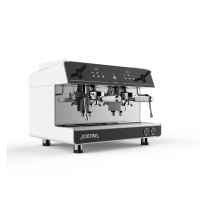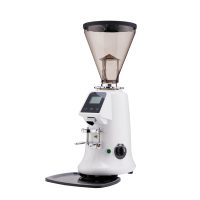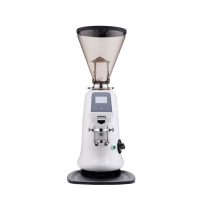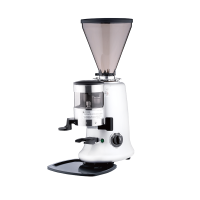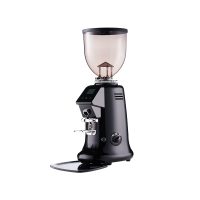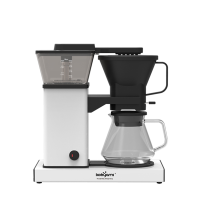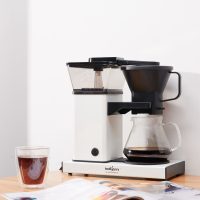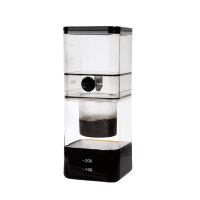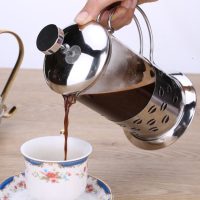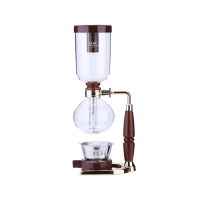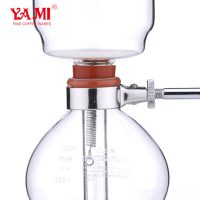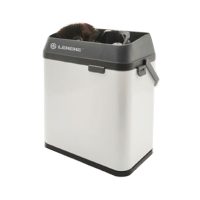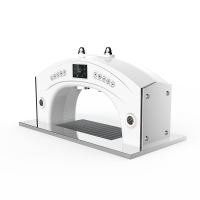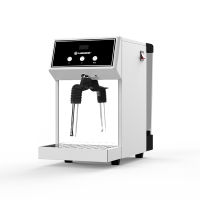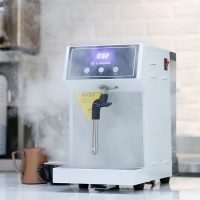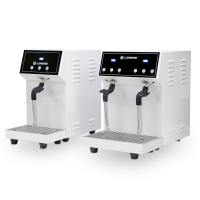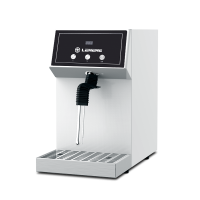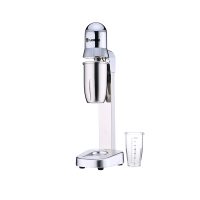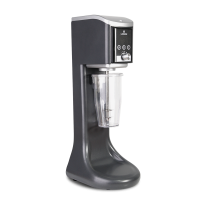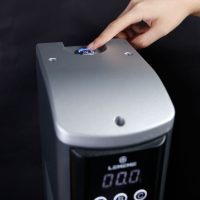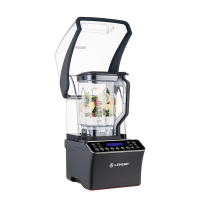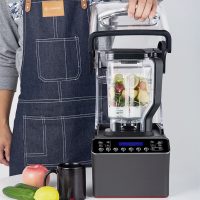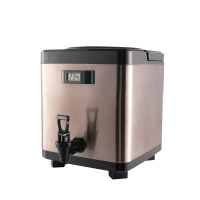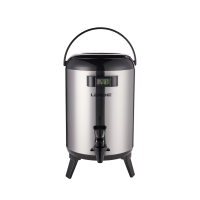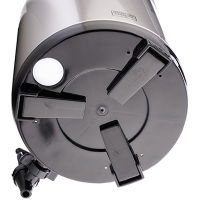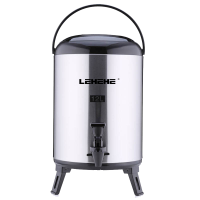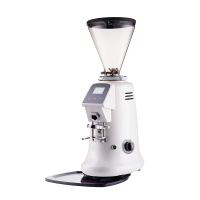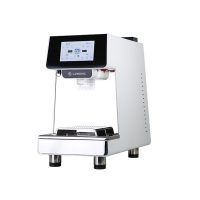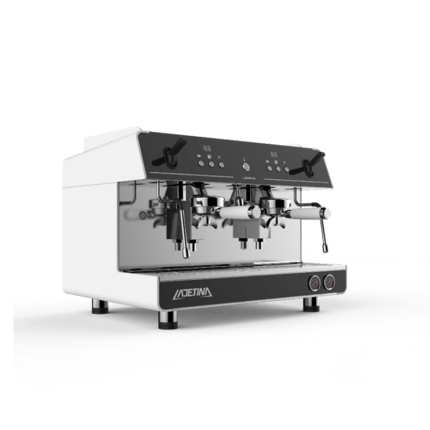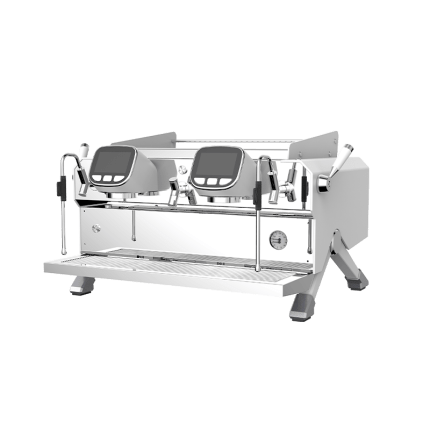The differences between single boiler and multi boilers
Pros:
Affordability: Single boiler machines are generally more budget-friendly, making them a good option for beginners or home users.
Compact Size: These machines tend to be smaller and take up less counter space, making them suitable for kitchens with limited space.
Ease of Use: Their straightforward design can make Single boiler machines simpler to operate and maintain.
Cons:
Switching Modes: The need to switch between brewing and steaming modes can be time-consuming and lead to temperature fluctuations.
Temperature Control: Temperature stability can be compromised due to the mode-switching, affecting the quality of the espresso.
Limited Simultaneity: You can’t brew espresso and steam milk simultaneously, which might be a drawback during busy periods.
Pros:
Temperature Precision: Multi-boiler machines have dedicated boilers for brewing and steaming, resulting in precise temperature control for both functions.
Simultaneous Operation: With separate boilers, you can brew espresso and steam milk at the same time, increasing efficiency.
Speed: The elimination of mode-switching leads to quicker and more streamlined operations.
Professional Use: These machines are ideal for commercial settings where high volumes of coffee and milk-based drinks are prepared.
Temperature Consistency: The dedicated brew boiler maintains consistent brewing temperature, enhancing the quality of your espresso.
Cons:
Cost: Multi-boiler machines are generally more expensive due to their advanced features and functionality.
Size: They tend to be larger and bulkier, requiring more counter space.
Complexity: Multi-boiler machines can be more complex to operate and maintain, requiring a certain level of expertise.








